Advantages of Carbon Fiber Wheels for Performance Vehicles
Weight Reduction and Performance Gains
Unsprung Mass Reduction Explained
The weight of parts not held up by a car's suspension system, known as unsprung mass, really affects how a vehicle handles and feels when driving. Think about all those bits hanging out there - wheels, tires, brakes. When manufacturers cut down on this extra weight, the suspension works better and the whole car becomes more stable. That's where carbon fiber wheels come into play. They're much lighter than regular aluminum ones, which makes them popular among performance enthusiasts. Mechanics will tell you lighter wheels mean smoother rides because the suspension doesn't have to work so hard. Road tests show cars with lower unsprung mass stop faster and take corners better too. While some argue the cost is steep, most agree these lightweight options give drivers a tangible edge compared to standard wheels.
Acceleration and Lap Time Improvements
There's actual proof behind how carbon fiber wheels affect acceleration and lap times. These wheels cut down on rotational mass quite a bit, which lets cars speed up faster. The reason? Lighter wheels need less energy to get spinning, so the car can go from 0 to whatever much quicker. Race track tests keep showing this pattern where cars with carbon fiber wheels complete laps faster than standard ones. Take the Chevrolet Corvette Z06 for example when fitted with those Carbon Revolution wheels it managed to knock almost 1.5 seconds off its lap time during multiple trials around different tracks. Real world examples like this show just how much difference lighter wheel materials can make in performance terms, making them a smart choice for anyone looking to boost their vehicle's speed capabilities without breaking the bank.
Enhanced Vehicle Responsiveness
Carbon fiber wheels really boost how responsive a car feels, completely changing what it's like behind the wheel. The main thing is they cut down on rotational mass so the car reacts faster to steering movements. This means sharper turns and better overall control when driving. Mechanics and performance tuners often talk about how noticeable the difference is once someone drives on carbon fiber wheels instead of regular ones. Professional racers who test cars with these wheels typically mention getting that race car feel, where everything seems tighter and more connected. Companies like Porsche, BMW and Ferrari have all started putting carbon fiber wheels on their top models recently. The improvements in cornering ability and road grip are pretty impressive according to track tests. Looking at how popular these wheels are becoming across different segments of the automotive market shows just how much impact they can make on everyday driving experiences too.
Driving Dynamics and Handling Advantages
Improved Cornering and Steering Precision
Putting carbon fiber wheels on a car really boosts how well it corners and steers because they balance the weight better. These wheels are so light compared to regular ones that cars just feel more nimble when taking tight bends where heavier wheels would struggle. Drivers notice better feedback through the steering wheel too since there's less weight hanging off the suspension system. When we look at how carbon fiber stacks up against normal alloy wheels, the difference in cornering ability is pretty obvious. The car responds faster and stays under control much better. Take what automotive writer Tim Warren said about his test drive with Carbon Revolution wheels fitted to a Corvette Z06. He described the handling as "visceral" which basically means it felt intense and immediate, something most drivers can appreciate after experiencing it firsthand during those aggressive test runs.
Suspension Efficiency Benefits
Carbon fiber wheels weigh less than traditional options and this makes a big difference for how well suspensions work. When there's less weight pressing down on all those springs and shocks, the whole system can react faster when driving over bumps or rough roads. Take Scott Newman who wrote about the Chevy Corvette Z06 having better ride quality than expected because they cut down on what's called unsprung mass. Lighter wheels mean tires last longer too since they don't have to fight against heavy components every time they hit pavement. People who switch from standard aluminum rims often notice their cars need fewer repairs down the road. The money saved on fixing worn out parts usually pays back the initial cost pretty quickly, which is why many serious drivers see lightweight carbon fiber wheels as worth the extra spend for both handling improvements and wallet savings in the long run.
Noise, Vibration, and Harshness Reduction
Carbon Fiber Acoustics vs Aluminum
Carbon fiber beats aluminum hands down when we talk about how well they handle sound. Metal wheels tend to pass along all sorts of annoying high pitch noises and vibrations right into the car interior, while carbon fiber actually soaks up most of those disturbances. Drivers notice the difference immediately. Research indicates cars with carbon fiber wheels can cut down on cabin noise by quite a bit, making rides much more peaceful for everyone inside. Mechanics and automotive journalists consistently point this out too, noting that carbon fiber just delivers a noticeably quieter journey compared to what's standard. Regular materials simply cant keep up with the quietness factor or the comfort boost that comes from carbon fiber wheels. That's why manufacturers of premium and sports cars really care about this feature since their customers expect nothing less than exceptional driving experiences combined with top notch comfort levels.
Cabin Comfort Improvements
Quieter rides are one of the most noticeable perks when switching to carbon fiber wheels. Drivers report significantly less road noise getting into the cabin, while passengers enjoy smoother travel without those annoying vibrations that come through regular alloy wheels. Many owners who have made the switch talk about how much nicer long trips become after installing carbon fiber wheels on their cars. Consumer surveys back this up too showing that quiet interiors rank high on people's lists when shopping for new vehicles. This has led car companies to start emphasizing comfort features more prominently in their marketing materials. The growing awareness around carbon fiber wheel advantages means automakers who adopt them early get an edge in what's becoming a pretty competitive market segment focused on ride quality improvements.
Durability Considerations and Future Potential
Strength and Testing Validation
Carbon fiber wheels get their toughness from the unique mechanical properties of the material itself. Carbon fiber stands out because it packs so much strength while staying super light weight, which means these wheels hold up better than regular aluminum ones when put through their paces. Manufacturers run all sorts of stress tests on them too, putting wheels through heat, cold, vibration and impact scenarios to see how they handle real world driving conditions. Research indicates that carbon fiber wheels tend to last longer than traditional options before showing signs of wear, which makes sense given the price tag but still represents good value over time. Most experts working in the field believe we'll continue seeing improvements in durability as manufacturers refine production techniques, though there remains some debate about exactly how fast this technology will become mainstream across different segments of the automotive market.
Cost-Benefit Analysis
At first glance, carbon fiber wheels definitely cost more than standard aluminum ones. But looking beyond the sticker price tells another story. Many drivers find they save money over time because these wheels last longer and need less maintenance. Some real world tests show cars with carbon fiber wheels put less strain on suspension parts and brake systems. The auto industry is slowly moving towards lighter materials like carbon fiber since they help vehicles run better while cutting costs in the long run. Numbers back this up too. People who switch to carbon fiber often see their gas mileage improve, which adds up nicely at the pump. Plus, most owners mention the ride feels noticeably smoother, making every drive more enjoyable even if it means paying a bit extra upfront.
Manufacturing Innovation Trends
New developments in how we make carbon fiber are changing everything about wheel production right now. Better tech has made manufacturing processes work faster and cheaper than before. Companies aren't just looking at money savings either environmental concerns are pushing them toward greener ways to produce carbon fiber wheels. What this means goes way beyond just lower prices. We're seeing a real shift in what kinds of materials go into vehicles today. Wheels are getting lighter without sacrificing strength, which matches what drivers want both for better performance on the road and because people care more about being eco friendly. Looking ahead, it seems pretty clear that carbon fiber parts will become much more common in regular car manufacturing over the next few years.
Recommended Products
 Hot News
Hot News
-
Forged Carbon Products
2024-05-21
-
Forged Off-Road Accessories
2024-05-21
-
GVICHN Introduces Revolutionary Forged Two-Piece Product
2024-05-21
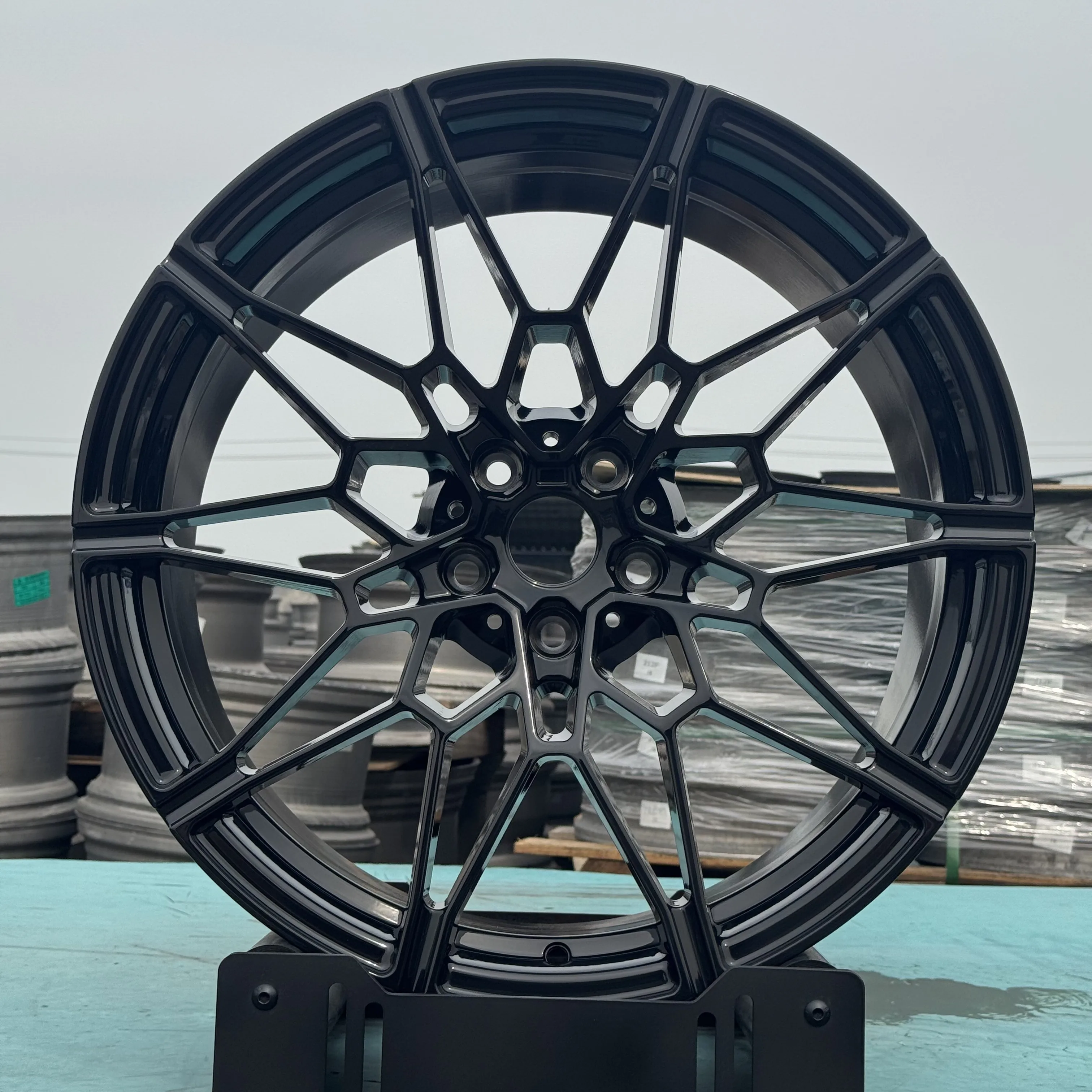

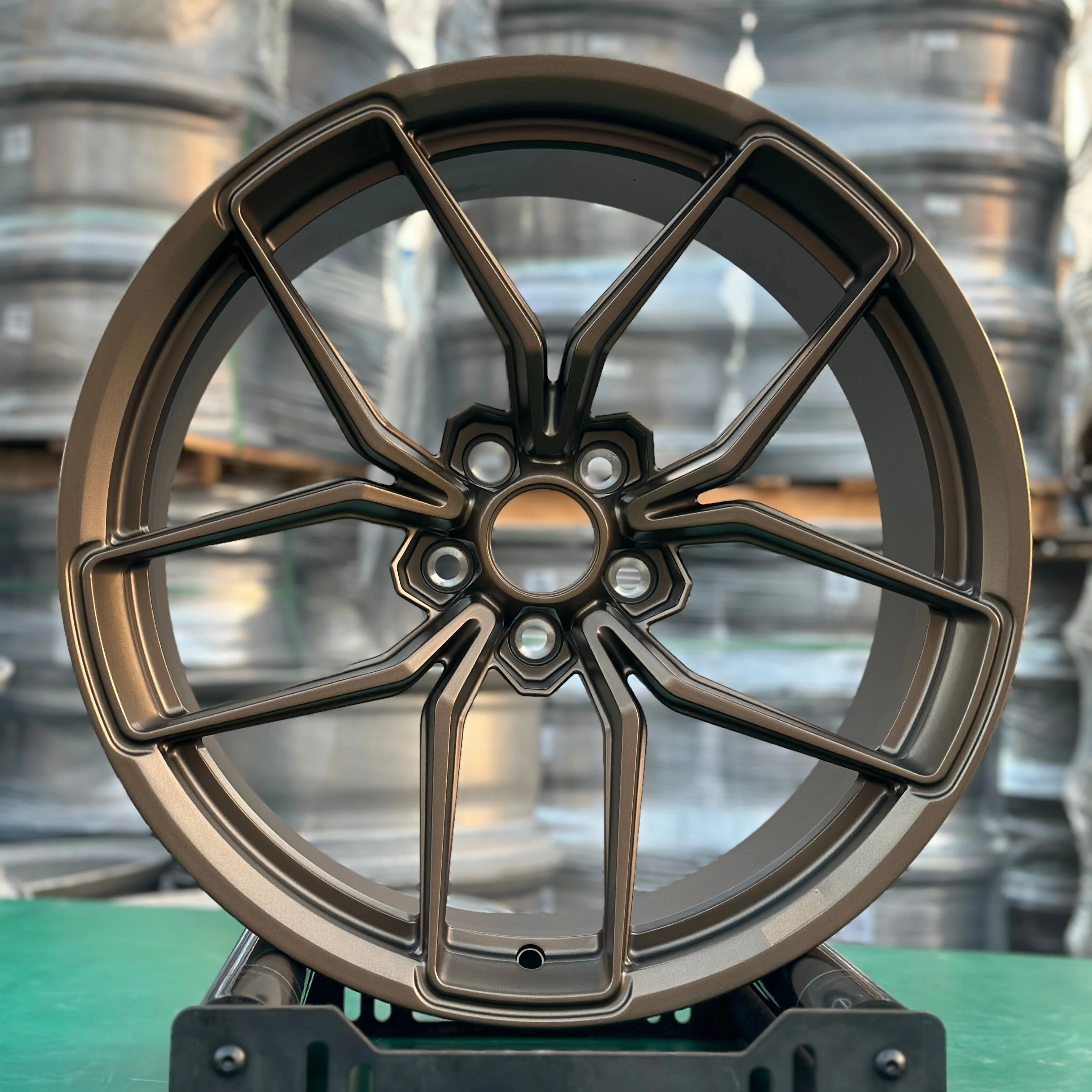
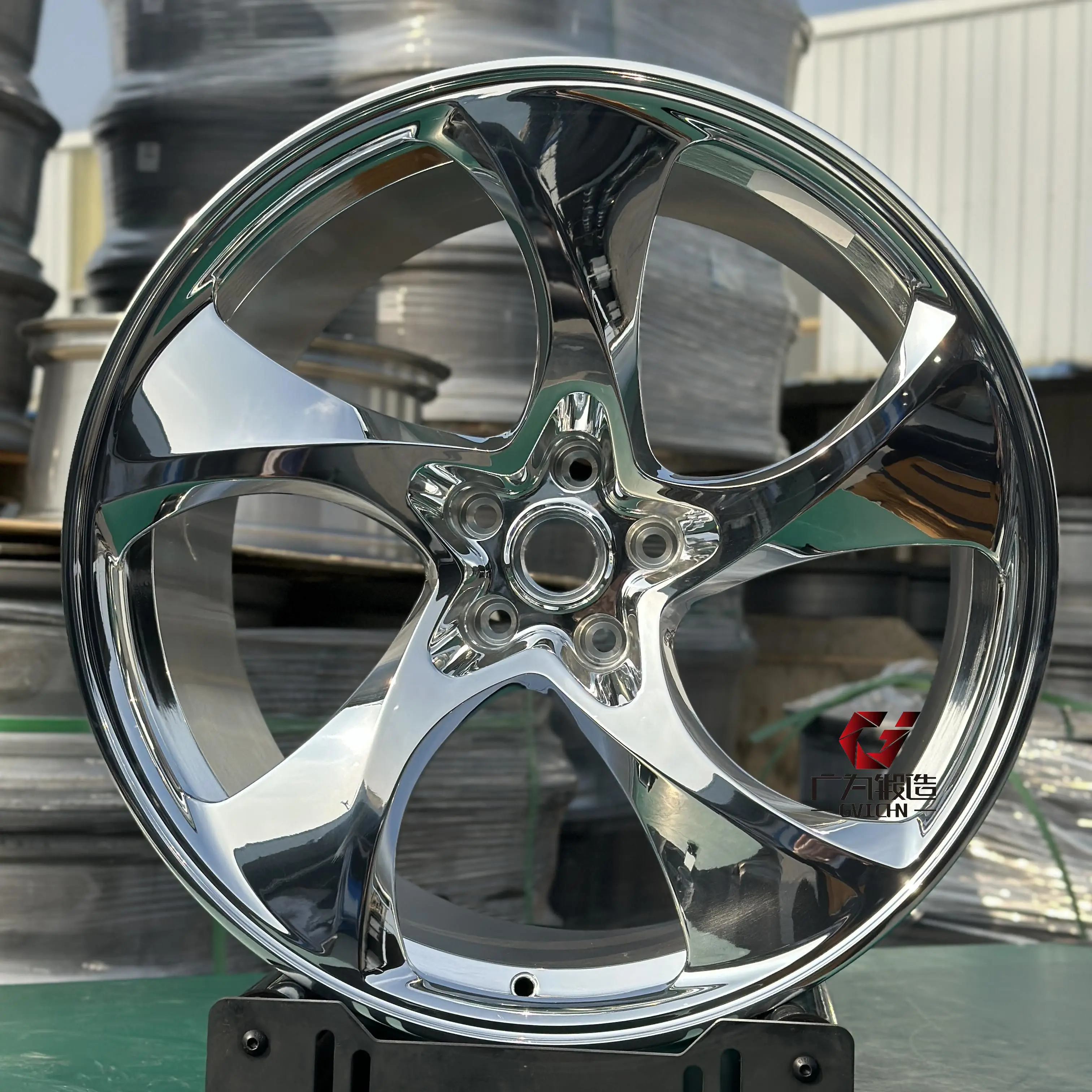
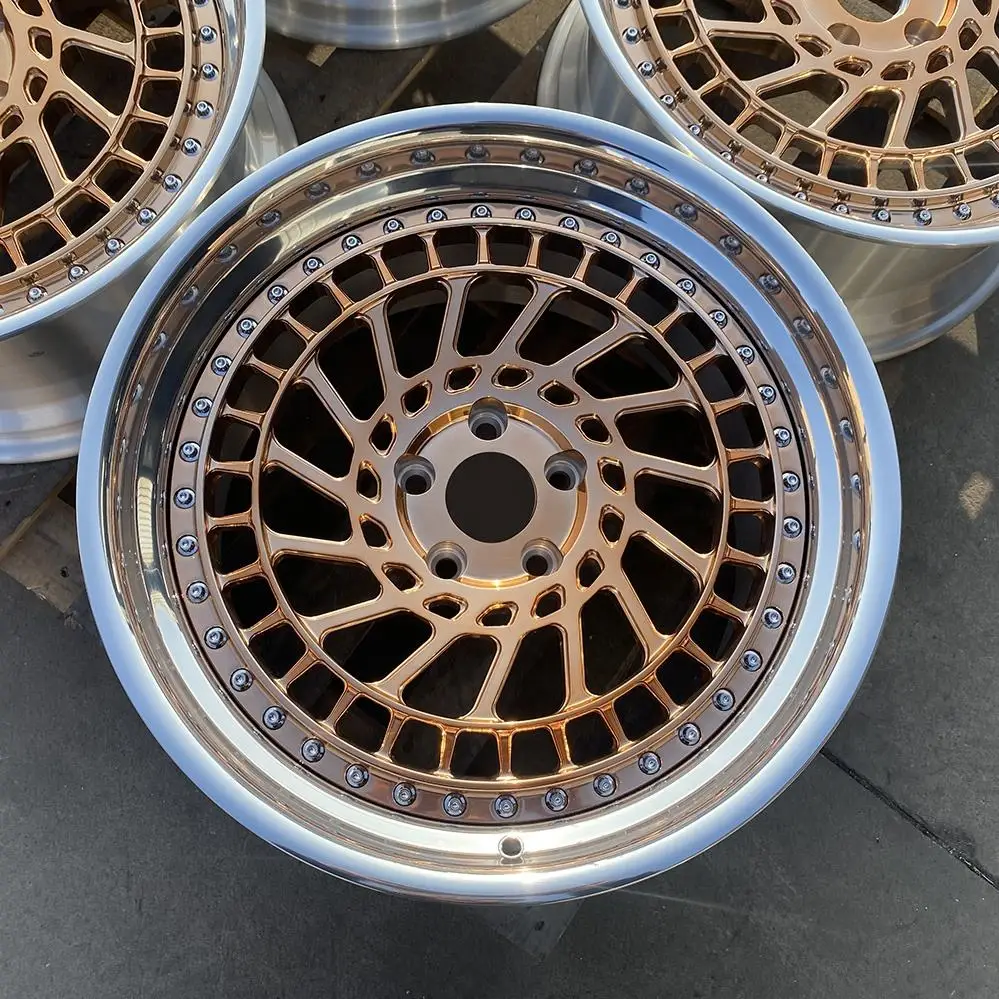
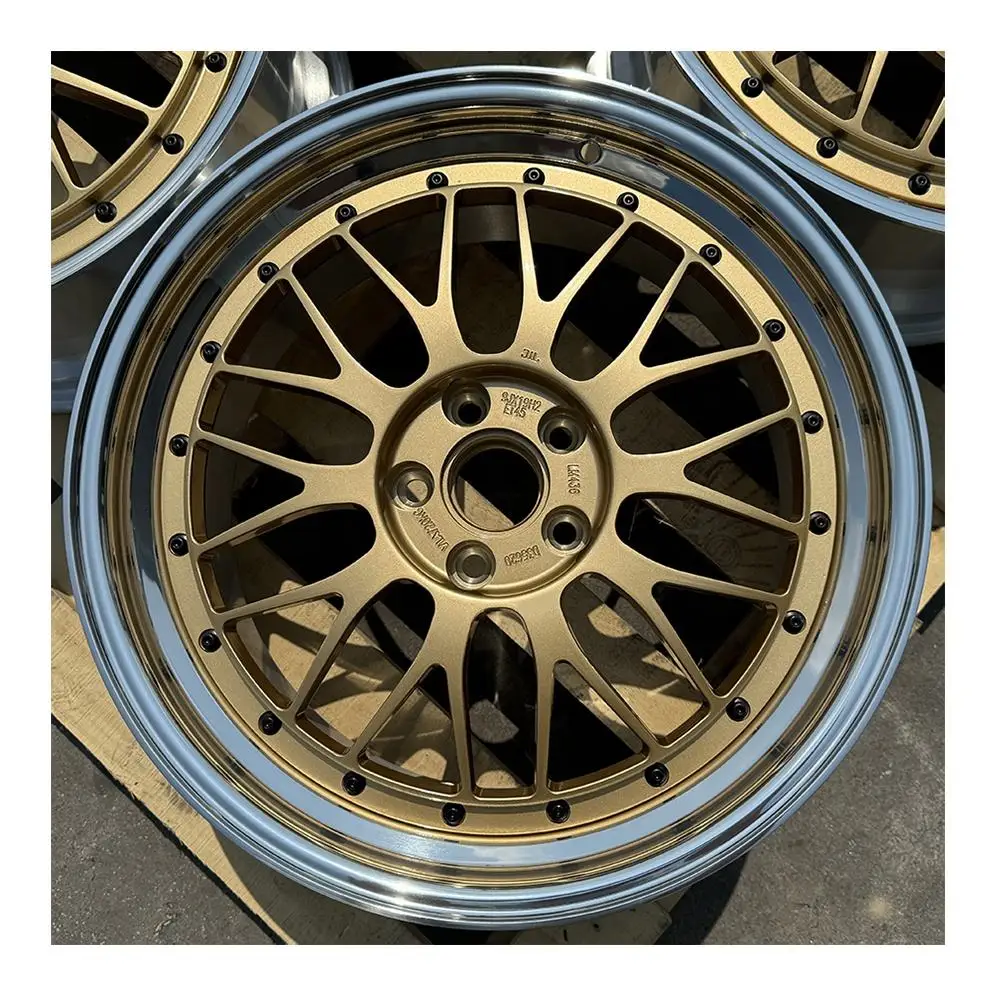
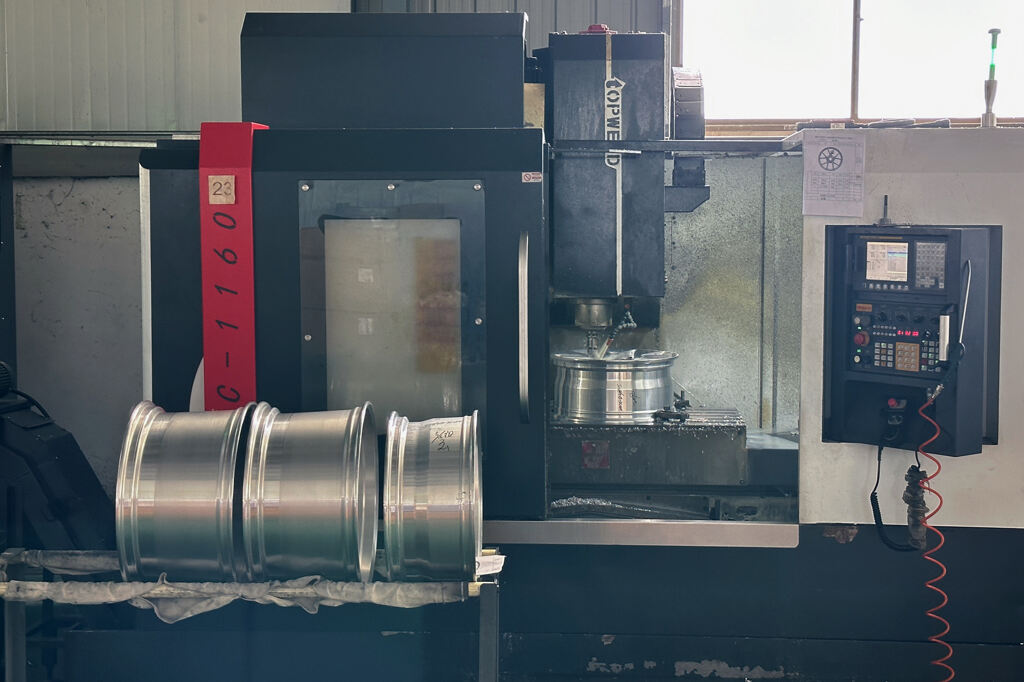
 ONLINE
ONLINE